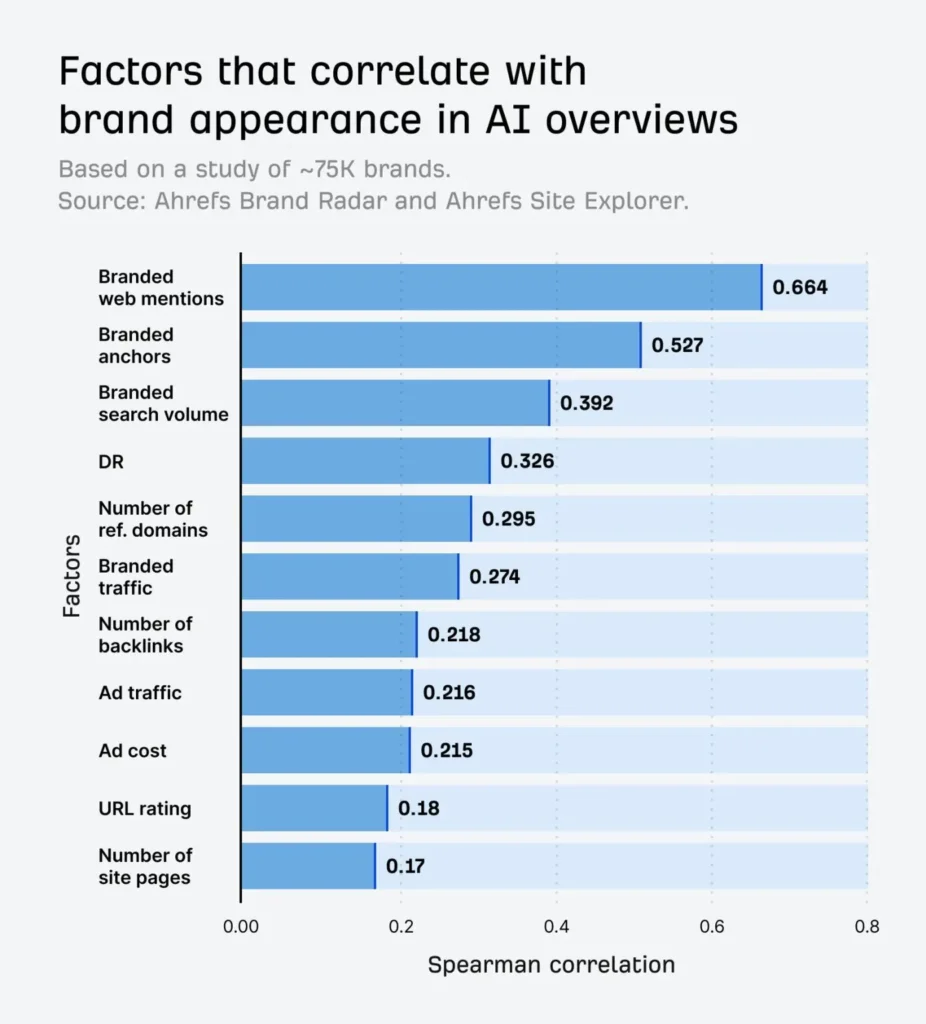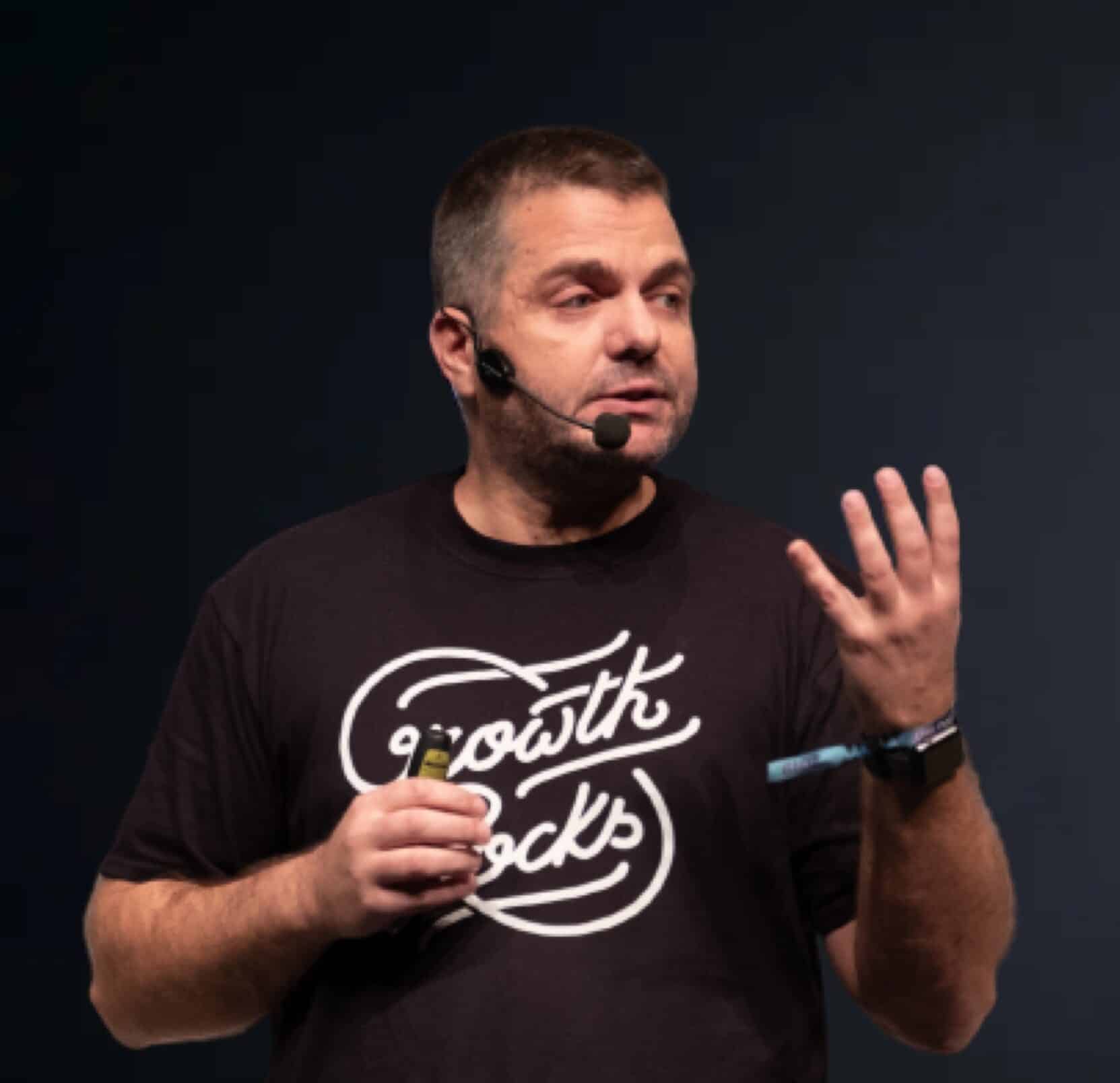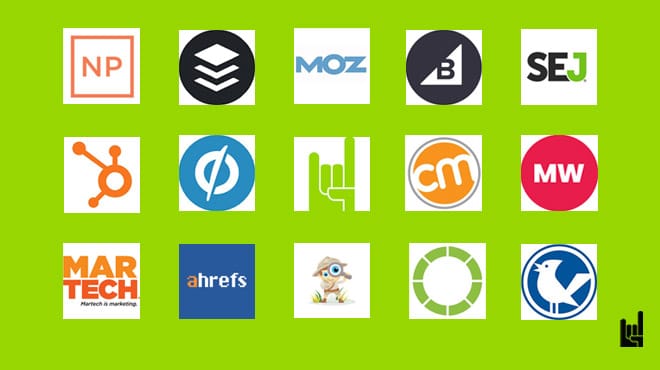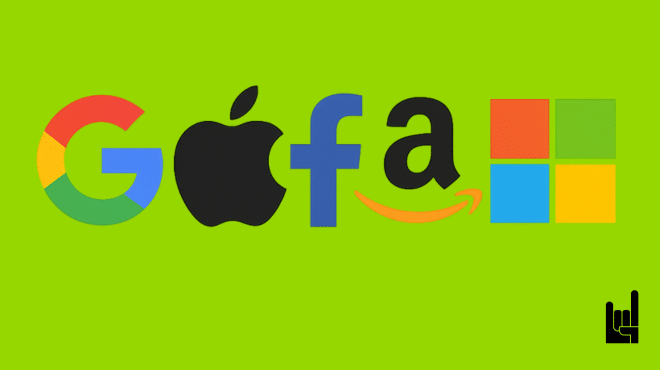I quote a movie of the early 80’s, Sixth Sense: “I see dead people”, and I paraphrased to “I see dead old practices”. It’s not the first time I’ve opened up this discussion: It was about link building, and then guest blogging. So, here comes next. SEO copywriting isn’t just on life support—it’s been declared dead on arrival. The autopsy? A lethal combination of AI advancements, algorithmic shifts, and an overdose of generic content. But before we mourn, let’s dissect the cause of death and explore what comes next.
What Is/Was Informational Content?
Informational content was the backbone of early SEO strategies.
Think blog posts answering “how to” questions, guides explaining “what is,” and articles detailing “why” scenarios. These pieces aimed to educate readers and, in turn, attract search engine traffic.
But the landscape changed. Users stopped reading—they scan, skim, and scroll. Attention spans shrank. And search engines? They evolved to meet that behavior.
The Rise and Fall of SEO Copywriting
SEO copywriting used to be about playing the algorithm:
- Find a keyword
- Copy what ranks
- Add a few hundred more words
- Hope Google picks you instead of the competition
That game is over.
Google’s AI Overviews, ChatGPT search integrations, and zero-click answers aren’t rewarding generic keyword-optimized pages anymore. Instead, they’re favoring brands—credible sources with authority, not anonymous content mills.

According to Ahrefs, branded mentions had the strongest correlation with visibility in AI-generated overviews, even higher than backlinks or domain authority. That tells you everything.
Or maybe that tells you nothing…
Advice #1: Don’t blindly act on everything you read. Use your brain.
Advice #2: Don’t let AI make your decisions for you either. Think.
Let’s get clear on the definitions:
- Branded web mentions = your brand name showing up anywhere online
- Branded anchors = your brand name used as the clickable text in a hyperlink
- Branded search volume = how many people are searching your brand name each month
Now, based on this, what’s the move?
a) Remove your brand’s hyperlink from third-party articles that link to you
b) Publish more high-value content that mentions your brand—but doesn’t link to it
That’s it.
And yes, I know where to do that: Reddit and Quora—two platforms that have openly declared war on external links.
But here’s the real kicker: If we flood the web with “branded mentions” and get no referral traffic, no backlinks, and no way to trace impact—what are we actually measuring?
Just crossing our fingers and hoping AI search tools will push people toward our brand?
That’s not marketing. That’s faith-based analytics.
Content ≠ Only Text Anymore
We’ve passed the point where you can publish a blog post and expect traction. Users don’t want more words—they want experiences.
You need to go beyond content.
That means:
- Creating engaging widgets that users interact with
- Offering downloadable PDFs and tools they actually use
- Publishing playbooks they can apply today, not tomorrow
Traditional articles aren’t dead because of AI—they’re dying because people stopped caring.
We weren’t writing for people anyway.
We were writing for Google.
Creating Meaningful Content Without SEO
So, how do you create impactful content in this new era?
1. Prioritize Brand Authority Over Keywords
Building a strong brand presence is crucial. Engage in thought leadership, participate in industry discussions, and ensure your brand is mentioned across reputable platforms. This approach enhances your visibility in AI-driven search features.
2. Embrace Quality Over Quantity
The era of churning out numerous low-value articles is over. Focus on creating fewer, but more in-depth and valuable pieces that address your audience’s needs and establish your expertise.
3. Leverage AI as a Tool, Not a Crutch
While AI can assist in content creation, it’s essential to infuse your content with unique insights, experiences, and perspectives that AI cannot replicate.
4. Engage with Your Audience
Foster a community around your brand. Encourage discussions, respond to feedback, and create content that resonates with your audience’s interests and concerns
The Future: Less Content, More Value
As Tim Soulo aptly noted,
Have nothing new to say, don’t hit the publish button. – Tim Soulo – Ahrefs
But that’s the 99% of the market.
Are we witnessing a decentralization of content creation—and a democratization of quality?
The era of mass-produced fluff is giving way to focused, purposeful content.
Fewer pieces. More value. Built with intention.
The Rise of Thought Leadership
But let’s be honest—how many can actually do this?
Thought leadership is not something you outsource to a $50 copywriter or automate with a prompt.
It demands senior marketers with battle scars.
Marketers who’ve done the work, have a point of view, and most importantly, have something to say.
It requires people who can challenge norms, not just repackage them.
And yet, our inboxes are still flooded with the same tired SEO outreach pitches from linkbuilders, backlink hustlers, and guest post factories.
That’s not thought leadership—that’s spam dressed up in a suit.
Thought leadership doesn’t come from chasing traffic.
It comes from earning trust and sharing experience.
The Visibility Paradox
Here’s the chicken-and-egg problem: You invest time and money building great tools, interactive pages, or valuable resources—but no one sees them. No one links to them. No one shares them.
Why? Because without visibility, even the best content dies in silence.
And here’s where AI search steps in—with a promise:
“If you genuinely address your audience, with a tone of value and clarity, visibility will follow.”
Sounds ideal, right? But it’s a leap of faith.
Are you taking it?
Do you trust that great content—real content, not SEO filler—will get surfaced by Google AIO or ChatGPT search?
Because that’s the bet.
One where you don’t publish for Google… you publish for people.
And hope the algorithms are now smart enough to reward human-first content.
Now what?
SEO copywriting is dead.
And good riddance.
What we need now isn’t 389 versions of the “Ultimate Guide to X.”
We need creators brave enough to ditch the algorithm-chasing and build for humans again.
Google might not reward you on day one.
ChatGPT might not surface you immediately.
But if your work is genuinely useful, and your brand is built on trust, your moment will come.
It’s a leap of faith.
Are you taking it?

Theodore has 20 years of experience running successful and profitable software products. In his free time, he coaches and consults startups. His career includes managerial posts for companies in the UK and abroad, and he has significant skills in intrapreneurship and entrepreneurship.



